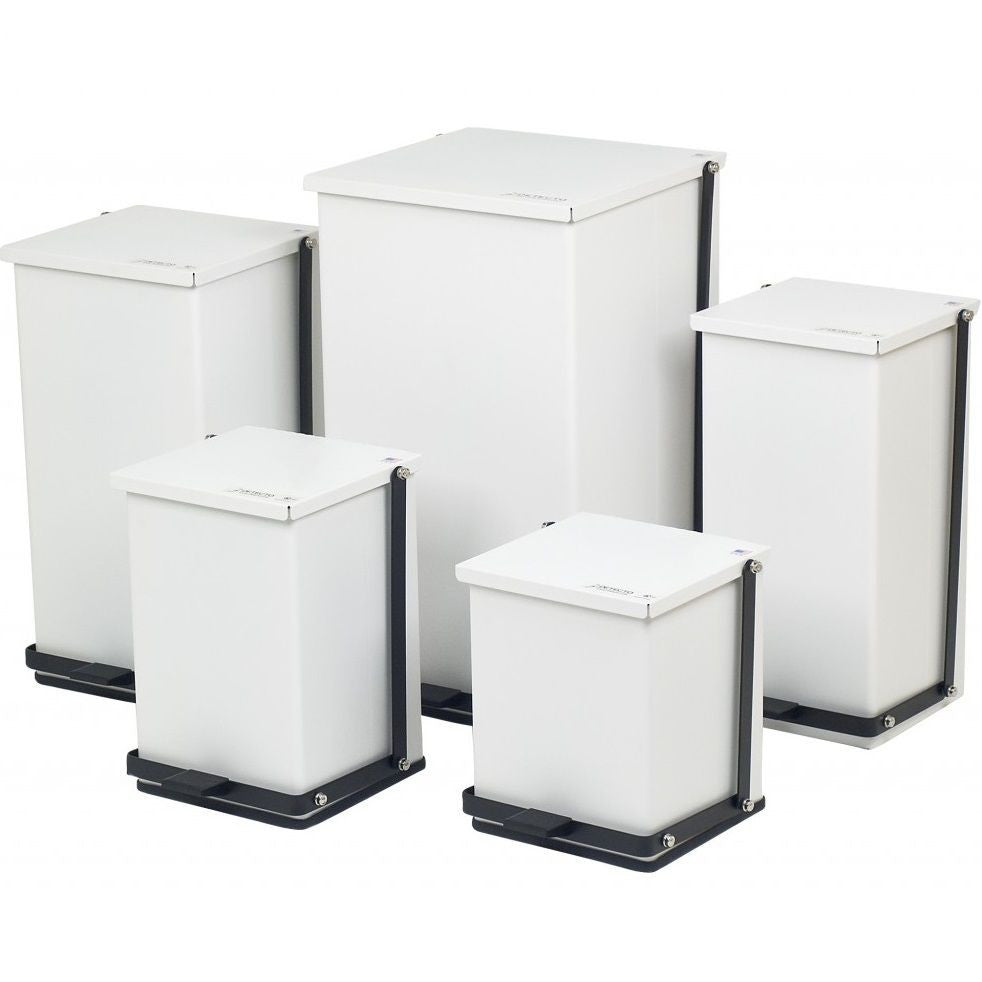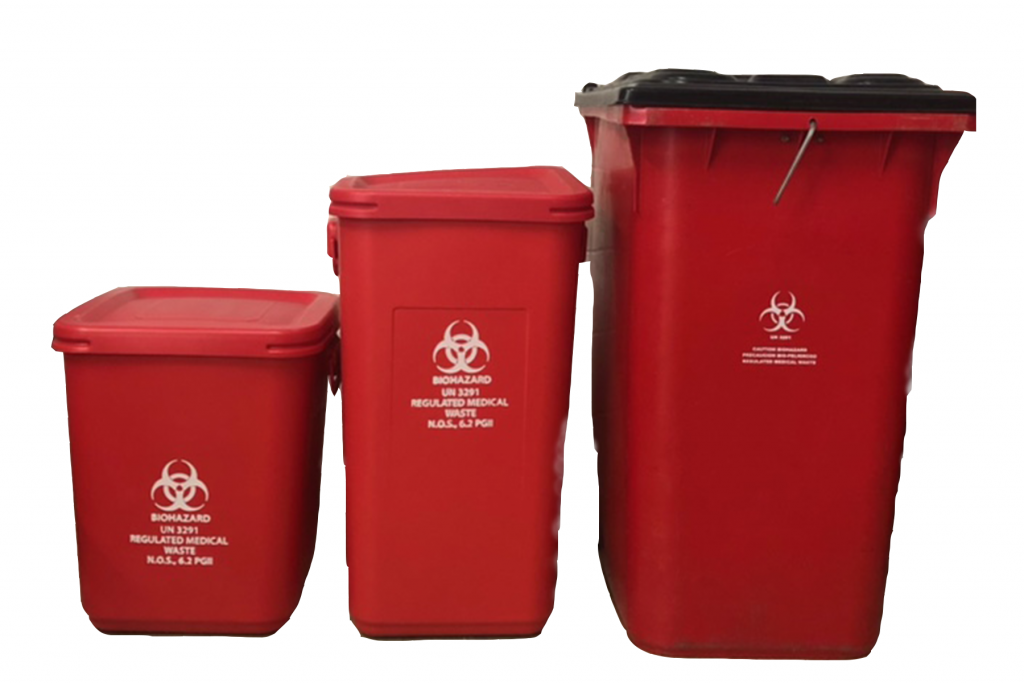Proactive Health Solutions: Choosing the most effective Medical Waste Removal Near You
The Importance of Proper Medical Waste Disposal: An Overview for Healthcare Facilities
Proper medical waste disposal is a crucial aspect of healthcare facility administration, making certain the safety and health of clients, personnel, and the atmosphere. From comprehending the various categories of clinical waste to abiding with regulatory demands, medical care centers have to adopt efficient waste segregation practices and select appropriate disposal methods.
Recognizing Clinical Waste Categories
Recognizing clinical waste groups is vital for appropriate disposal in medical care centers. Medical waste is a broad term that encompasses various sorts of waste generated in healthcare setups, such as facilities, labs, and healthcare facilities. Classifying medical waste assists make sure that it is dealt with, kept, and disposed of safely and based on relevant guidelines.
There are several classifications of clinical waste that medical care facilities need to be knowledgeable about. These classifications include transmittable waste, sharps waste, pharmaceutical waste, chemical waste, and radioactive waste (medical waste disposal services with WasteX). Each classification has details qualities and calls for various disposal techniques to lessen the danger of damage to medical care employees, people, and the setting
Transmittable waste, for instance, describes squander polluted with possibly transmittable products, such as blood, body liquids, and cells. Sharps waste includes needles, syringes, and other sharp objects that can create injury or transmit infections. Pharmaceutical waste includes ended or unused medications, while chemical waste consists of harmful chemicals utilized in medical procedures. Finally, contaminated waste includes products polluted with radioactive compounds, such as nuclear medication products.
Compliance With Regulatory Demands
Medical care centers have to ensure conformity with regulative needs for correct clinical waste disposal. Regulative bodies, such as the Epa (EPA) and the Occupational Safety and Health And Wellness Management (OSHA), have actually established guidelines and guidelines to secure public health and wellness and the setting. These guidelines detail the correct handling, storage, transportation, and disposal of clinical waste.
Conformity with regulatory requirements is essential for healthcare centers to avoid legal penalties, reputational damage, and prospective injury to human wellness and the environment. Failure to abide with these guidelines can lead to fines, claims, and even the suspension or retraction of operating licenses.
To make sure compliance, health care facilities ought to develop extensive waste management programs that include personnel training, proper waste segregation, and making use of ideal containers and labels. Normal audits and evaluations must likewise be carried out to identify any type of non-compliance issues and resolve them quickly.
It is necessary for healthcare centers to stay up to date with adjustments in laws and upgrade their waste monitoring practices as necessary. This can be accomplished by actively keeping track of updates from governing bodies and joining training programs and workshops.
Carrying Out Reliable Waste Segregation Practices
To ensure proper medical garbage disposal, healthcare centers need to execute effective waste segregation methods. Waste partition is a crucial step in the total waste administration procedure, as it assists minimize the danger of infection, stops cross-contamination, and makes certain the risk-free disposal of various sorts of waste. Effective waste partition practices involve separating medical waste right into different groups based upon its characteristics and prospective hazards.
One usual practice is the partition of sharps waste, such as scalpels and needles, from other kinds of medical waste. Sharps waste must be put in puncture-resistant containers to avoid injuries and potential infections. Additionally, dangerous waste, such as pharmaceuticals and chemicals, need to be divided from basic clinical waste to avoid ecological contamination.
Correct labeling and color-coding of waste containers are vital for effective waste partition. Clear and noticeable labels should be positioned on each container to show the type of waste it contains and any special delivery demands - medical waste disposal services with WasteX. Furthermore, color-coding can be utilized to separate in between various waste categories, making it less complicated for healthcare team to determine and dispose of waste properly
Routine training and education for healthcare personnel is important for the successful execution of waste partition methods. Personnel must be educated on the different waste categories, appropriate segregation techniques, and the relevance of complying with waste management procedures. This will certainly help make sure compliance and consistency in waste segregation methods throughout the center.
Deciding On Appropriate Disposal Methods
Proper option of appropriate disposal approaches is necessary in view it making sure the environmentally accountable and risk-free management of clinical waste in healthcare facilities. Healthcare centers generate a variety of medical waste, consisting of sharps, transmittable waste, pharmaceutical waste, and chemical waste - medical waste removal services. Each sort of waste calls for particular disposal methods to decrease the danger of contamination, injury, and ecological damage
One usual disposal method for clinical waste is incineration. Incineration entails the regulated burning of waste at high temperature levels.

Chemical sanitation is one more method made use of for specific kinds of medical waste, such as pharmaceutical waste. This technique utilizes chemicals to neutralize or destroy contaminants. It is important to pick chemicals that are eco pleasant and safe.
In many cases, landfill disposal might be suitable for non-hazardous clinical waste (medical waste disposal services with WasteX). Proper segregation and product packaging are critical to protect against leak or contamination.
Ultimately, health care centers need to thoroughly examine the characteristics of their medical waste and choose suitable disposal techniques that focus on safety and security, ecological defense, and regulatory conformity. Routine training and surveillance are important to make sure that health care personnel adheres to correct disposal procedures.

Training and Educating Team on Correct Disposal Procedures
Team education and learning and training play a critical function in ensuring the appropriate disposal of clinical waste in medical care facilities. It is crucial that all staff participants, consisting of physicians, nurses, service technicians, and support staff, get comprehensive training on correct disposal procedures. This training needs to cover the various kinds of you can check here clinical waste, their prospective dangers, and the appropriate approaches for dealing with, segregating, and taking care of them.
Among the key objectives of staff education and learning and training is to make certain that all healthcare experts recognize the significance of correct disposal procedures and the possible repercussions of inappropriate waste administration. They require to be aware of the risks connected with clinical waste, such as the transmission of infections and the contamination of the atmosphere. medical waste removal services. By recognizing these dangers, personnel will be much more inspired to comply with correct disposal procedures and take the needed safety measures to secure themselves, their associates, and the area
Training must likewise cover making use of individual safety devices (PPE) and the appropriate strategies for handling medical waste. Team member should be educated on exactly how to identify and set apart different sorts of waste, such as sharps, infectious waste, and hazardous chemicals. They should additionally be trained on the appropriate use waste containers, such as sharps containers and biohazard bags, as well as the value of labeling and securing these containers appropriately.
In addition, personnel education and learning and training need to consist of normal updates and correspondence course to make certain that healthcare experts stay educated concerning the most current policies and finest practices in clinical waste disposal. This ongoing education is critical to keep a high degree of understanding and conformity amongst personnel.
Verdict
In final thought, appropriate clinical waste disposal is of utmost significance for medical care centers. Comprehending the various groups of medical waste and abiding with regulatory needs guarantees the security and wellness of news both medical care workers and the basic public.
From recognizing the different groups of medical waste to abiding with regulatory demands, health care facilities need to embrace reliable waste segregation methods and choose suitable disposal approaches. These groups consist of contagious waste, sharps waste, pharmaceutical waste, chemical waste, and radioactive waste.To guarantee correct medical waste disposal, healthcare facilities need to execute efficient waste segregation techniques. Waste partition is an essential step in the overall waste management process, as it helps minimize the danger of infection, avoids cross-contamination, and guarantees the secure disposal of different types of waste. Healthcare centers produce a range of medical waste, consisting of sharps, infectious waste, pharmaceutical waste, and chemical waste.